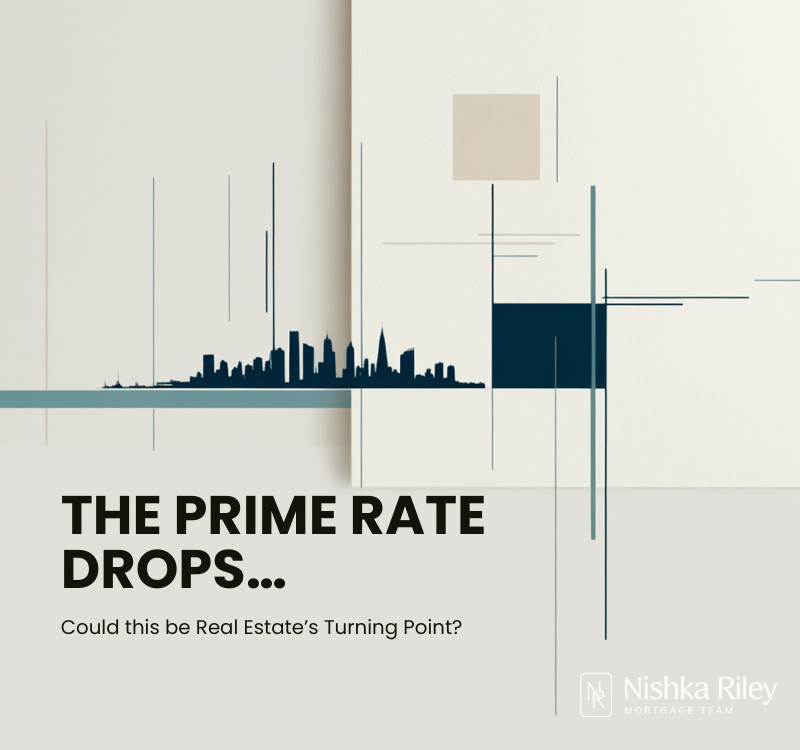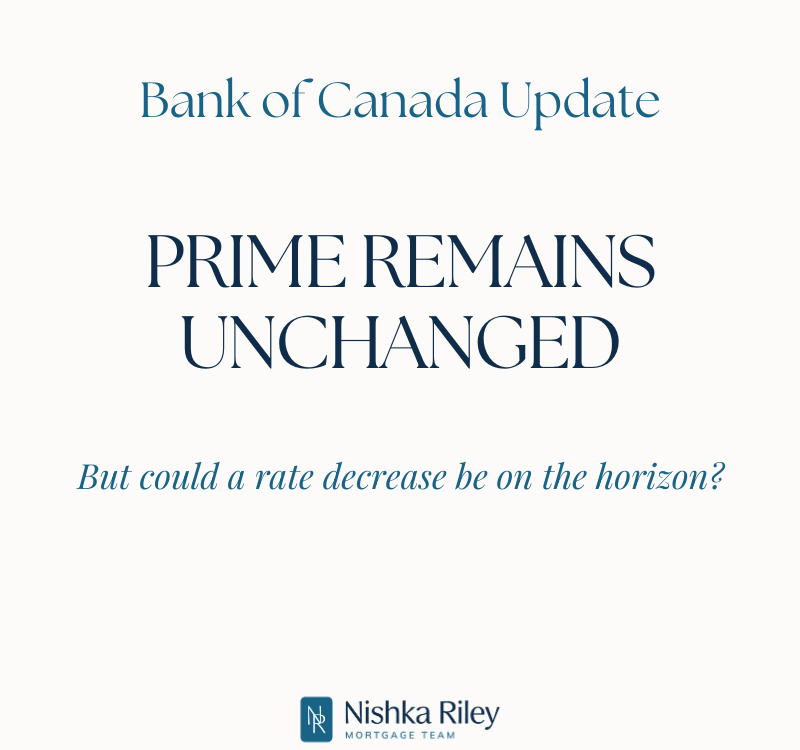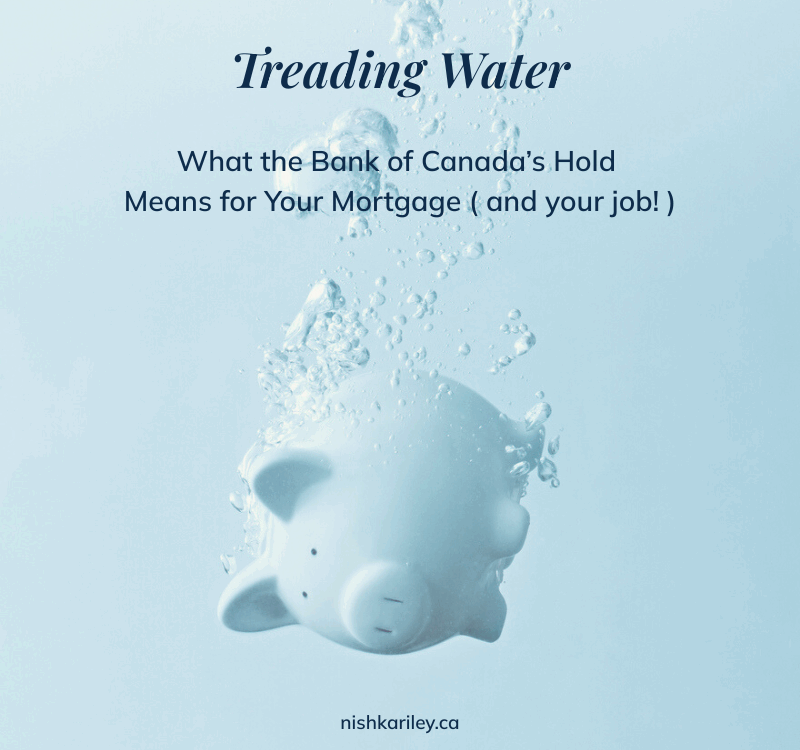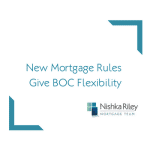
Rate Update – New Mortgage Rules Change The Game
October 19, 2016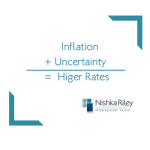
Rate Update – Fix Rates Rise Due To Trump Economics
December 7, 2016With the recent increases in fixed mortgage rates, some of our clients are asking is it time to lock in our variable rate mortgage. It’s tough to give a yes or no answer since it depends on your personal situation. So to answer the question I’ve outlined what’s involved in “the fix or not to fix” decision, from the perspective of the three different client types we most often encounter.
Before we dive into the different situations let’s do a quick refresher on how mortgage interest rates are priced. Fixed rates are priced off the bond market, and the bond market pricing is based on future expectations of where inflation is going. Variable rate mortgages are based off the Bank of Canada prime rate, and the prime rate is based on economic data that happened in the previous 3 to 6 months. You can see where the gap is created between the two types of mortgages. Variable rates are based on economic data vs. fixed rates on based on future expectations. One is fact, the other is fiction. This is why we see fixed rates jump up 6 to 9 months before variable rates move. And this is also why we see rates jump up and then settle back down when the catalyst for the increase doesn’t materialize i.e. President Elect Trump killing trade agreements, deporting 11 million workers and creating huge deficit spending at the same time as decreasing the revenue from taxes. As it becomes more apparent that it’s unlikely Trump will be able to fulfil all those promises, rates could settle back down.
Now that you understand mortgage pricing, here are the three main types of calls we field from clients:
The strategic decision:
This phone call often comes from our more savvy clients who like to time the market. Often we remind these clients that timing the market rarely works out. Over the long term, variable mortgages outperform fixed mortgages, provided you have a sufficient discount to prime. Our experience has shown that prime minus 0.5% is the cutoff point, so if your discount from prime is larger than that you should come out ahead at the end of the term compared to a fixed mortgage.
As mentioned above, the variable mortgage will lag on any rate increases. What I didn’t mention is that it will also lead on any decreases. It’s this lag and lead effect that make the variable mortgage more efficient over the course of a 5 year term.
If this sounds like you, our experience is you have a sufficient financial cushion to comfortably handle future rate increases. What you are really looking for is bragging rights at the next office party to say that you timed it perfectly! Trust us on this one, when it comes to long term investments, being right for the short term can be very expensive in the long term.
The life event decision:
This is the most challenging phone call we get. What we often see with this type of situation is that the rationale behind going with a variable mortgage is about to change. Common things that come up are a change in careers, having a baby or possibly moving (some variable mortgage aren’t portable). What we do in this situation is evaluate all the variables and make sure that staying in a variable mortgage still makes sense. We often find in this scenario that a bit of forward planning can save a lot of money down the road.
If this situation describes you, it would be a good idea to give us a call.
The emotional decision:
This phone call often is based on the fear that things are going to run away on them and that they will be faced with a 21% interest rate like the spike seen in the early 80’s. If their payment goes up too much they won’t be able to afford their home.
This call is incredibly rare (like being struck by lightning rare) for us since we put a lot of effort into financially and emotionally profiling our clients to ensure they are comfortable with market fluctuations. If you aren’t our client and this resonates with you, then you probably shouldn’t have been placed in a variable mortgage in the first place and it might be a good time to lock in your interest rate for 5 years. I wouldn’t recommend a term longer than 5 years given that they are rarely priced competitively.
Summary:
One important thing to note, is that as humans, we have a primitive instinct hard coded into our brains that we have to grab something if it’s going to be taken away. It’s an incredibly powerful desire that causes us to override previous decisions and sometimes abandon logic. I say this because it’s important to understand the underlying force driving your decision – and it doesn’t just apply to finances!
I hope that this post gives you insight into how a variable rate mortgage fits into your personal financial situation in the context of today’s economic environment.


